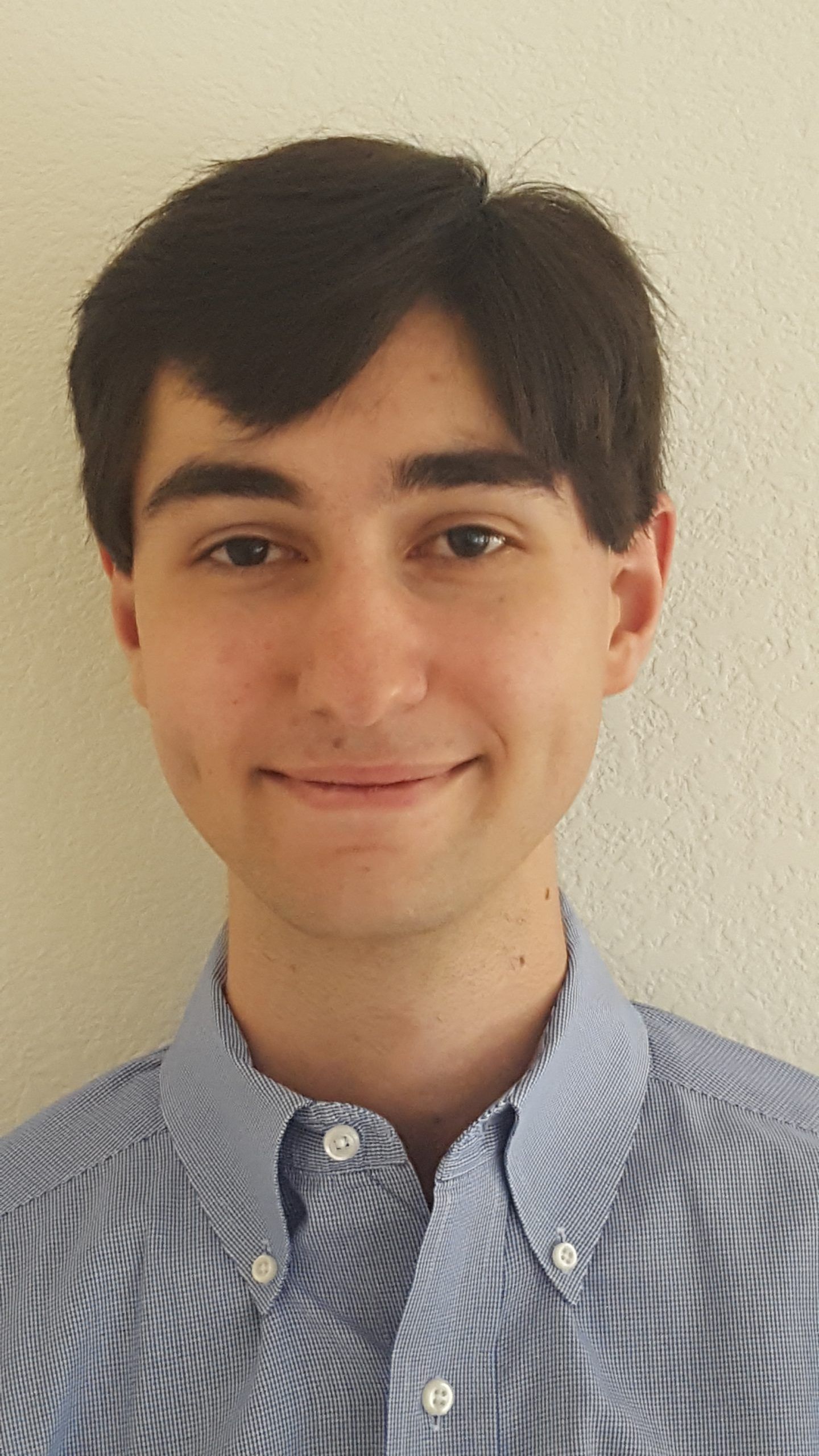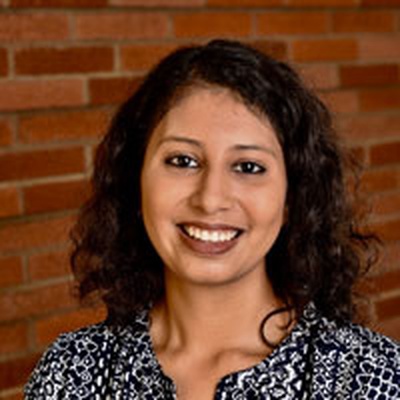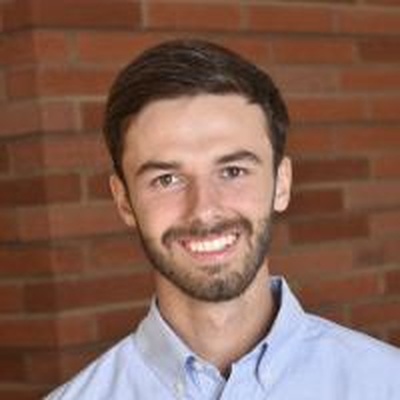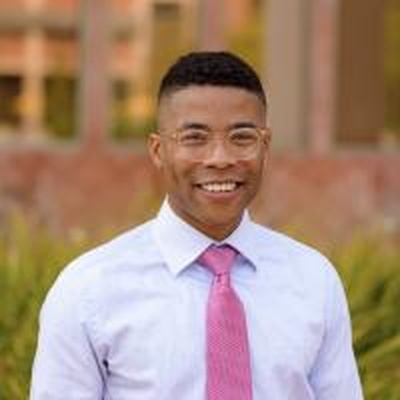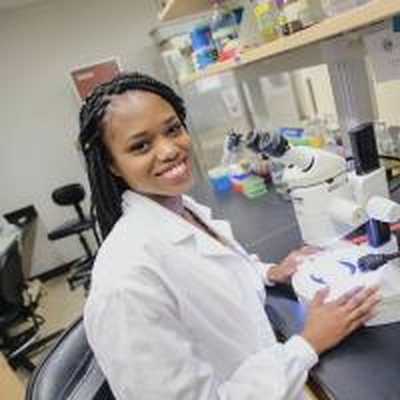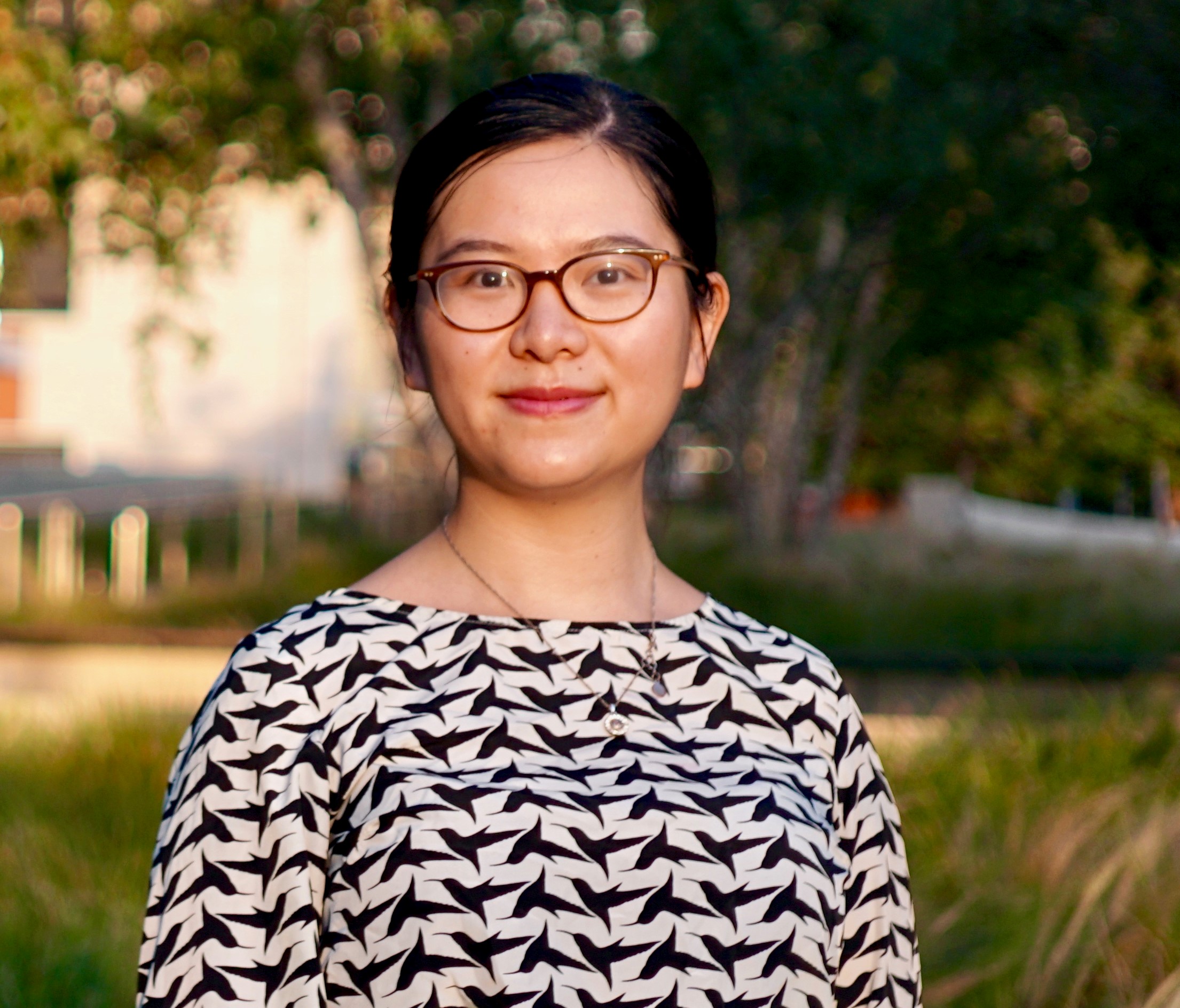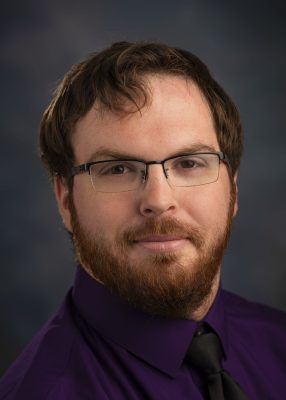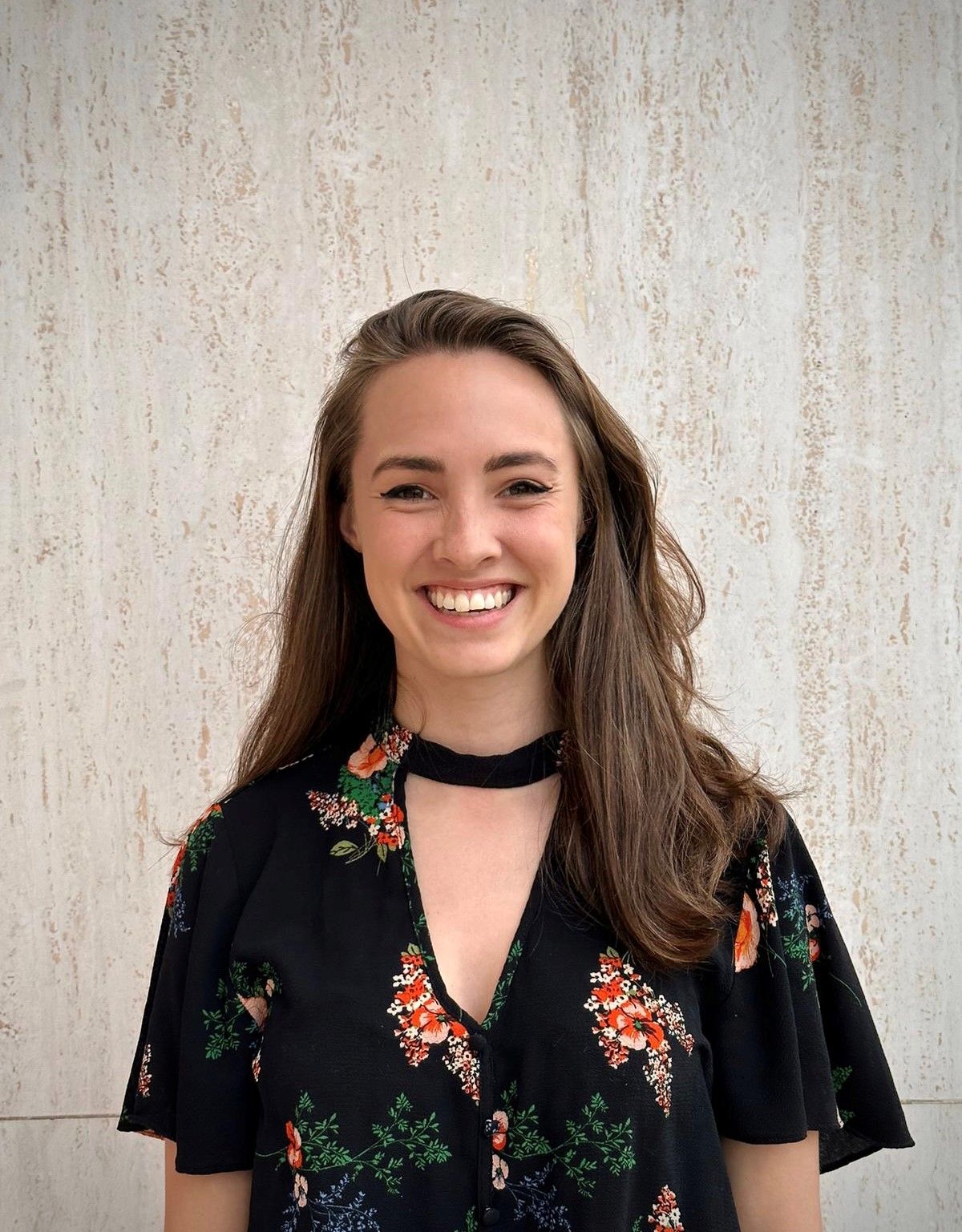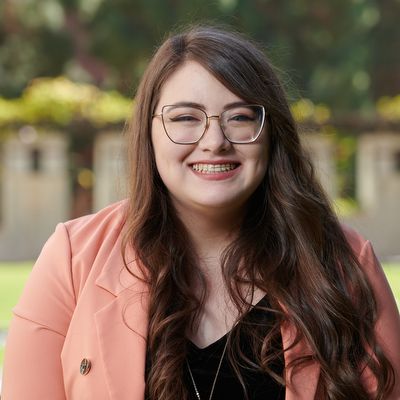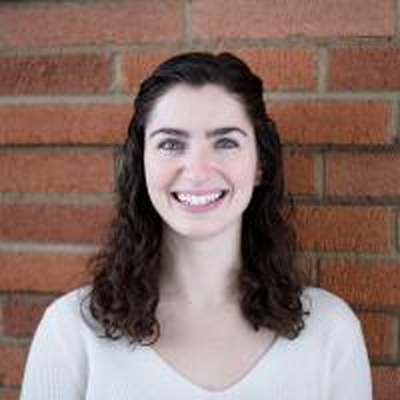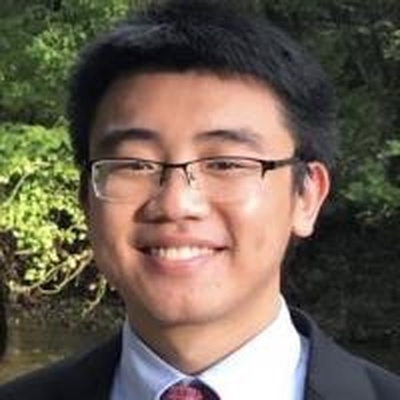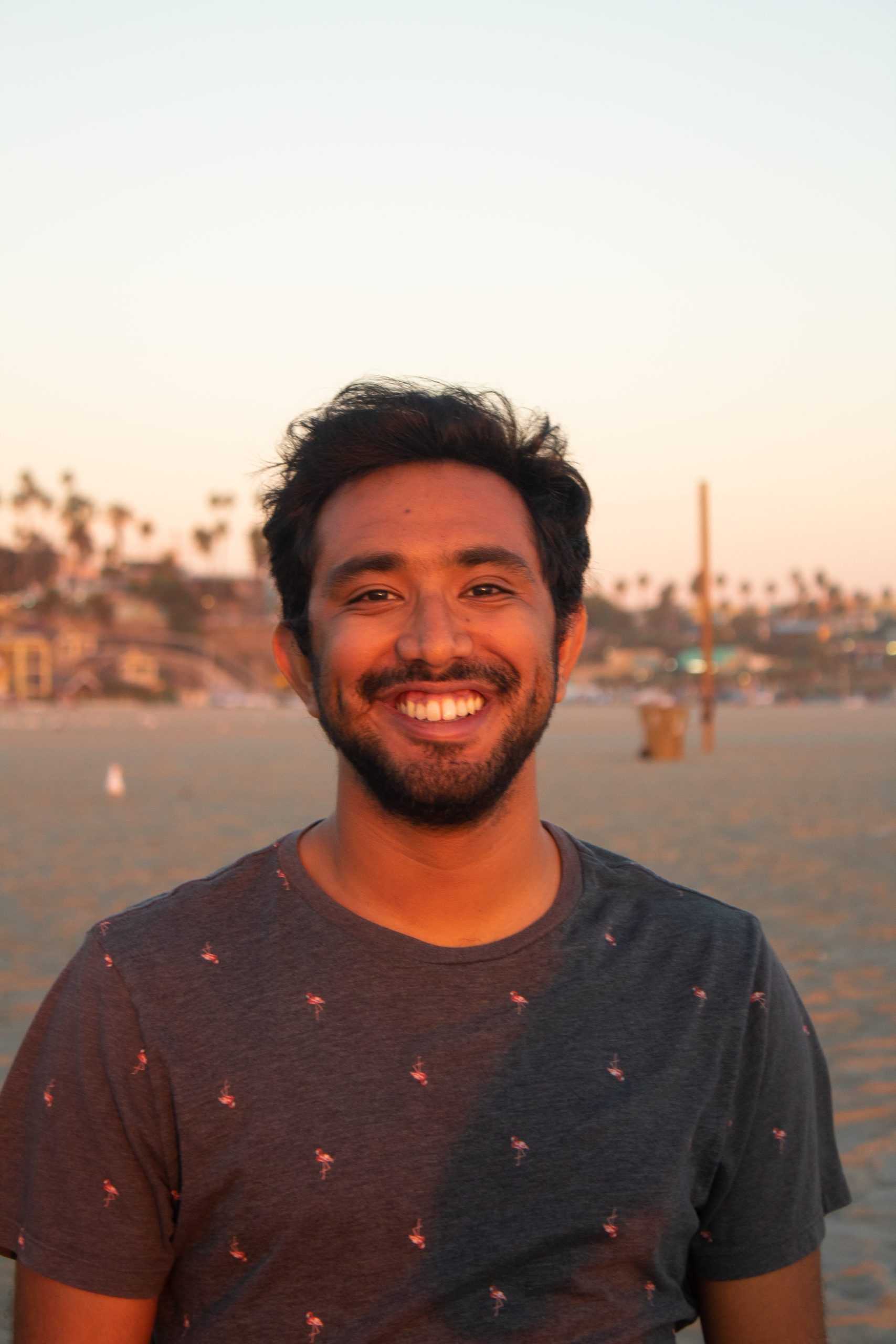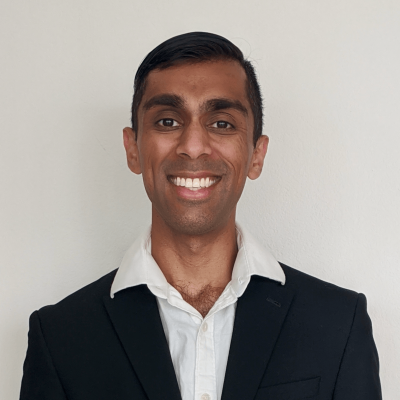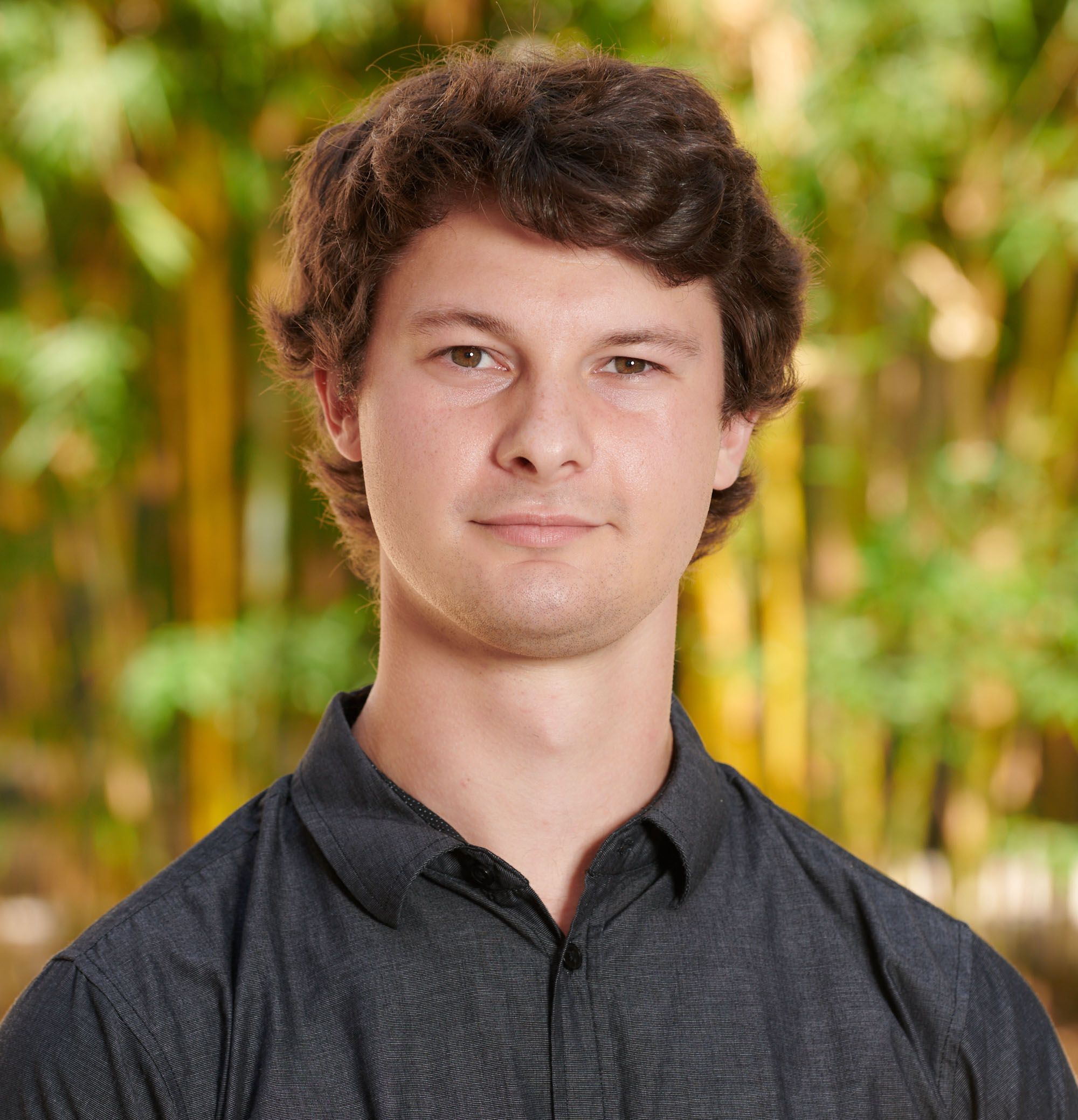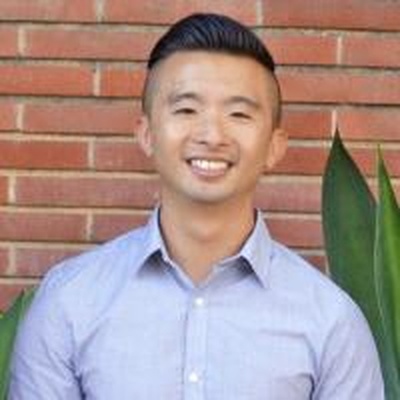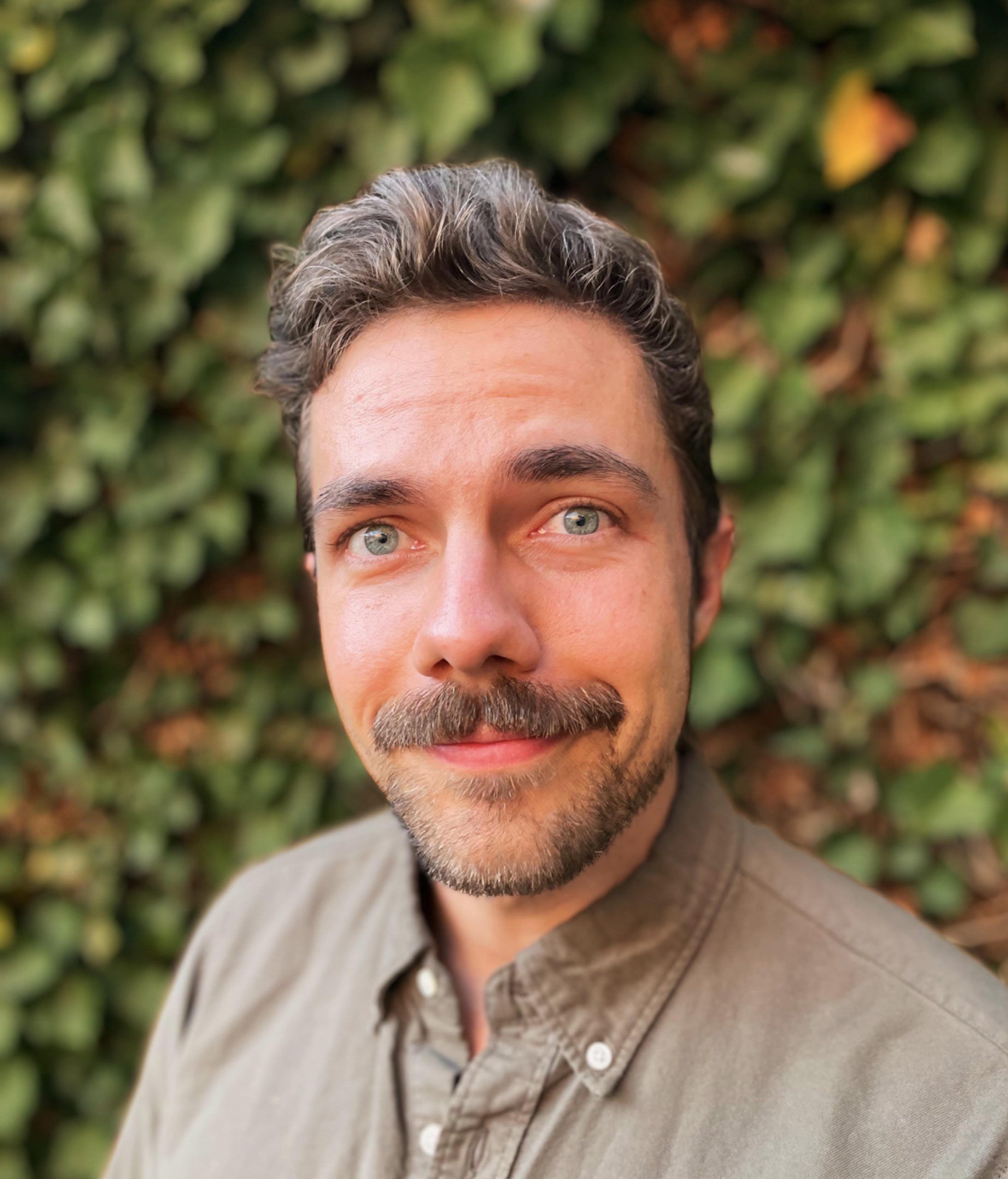- All
- Predoctoral Trainees
- Post-Doctoral Fellows
- TNT Former Scholar
Jonathan’s research is focused on peripheral nerve stimulation—specifically vagus nerve stimulation. Studying the mechanisms and modulation techniques of peripheral nerves is a logical precursor to studying the brain, since signals in nerves are much more predictable and easy to study. Jonathan is developing novel stimulation techniques to improve state-of-the-art vagus nerve stimulation, with the intention of translating those techniques to brain stimulation as our knowledge grows.
Mentor: Wentai Liu, Ph.D.
My research interests are focused on achieving a systems-level understanding of behavioral deficits in mouse models of autism and neural circuit mechanisms involved in these behaviors. More specifically, I am interested in behavioral deficits associated with social touch and how network activity in cortical and subcortical brain regions is modulated by social touch in mouse models of autism.
Mentor: Carlos Portera-Cailliau, M.D., Ph.D.
I’m interested in the entorhinal cortical dynamics that drive working memory, temporal processing, and non-spatial sensory encoding. I am developing applications for the newest technological advancements in optogenetics, 2-photon calcium imaging, and miniature microscopes in rodent models.
Mentor: Peyman Golshani, M.D., Ph.D.
Jay records human intracranial activity and physiological markers of arousal during immersive virtual reality experiences to understand the neural network dynamics that mediate threat processing and response. Using state-of-the-art computational methods, Jay hopes to identify neurophysiological signatures of inappropriate fear reactivity that can be used as targets for deep brain stimulation treatment of Post-Traumatic Stress Disorder.
Mentors: Nanthia Suthana, Ph.D.
Neural mechanisms of memory consolidation during sleep and the development of new technologies that leverage knowledge of sleep’s unique attributes to improve learning, memory, and the generation of insights.
Mentor: Gina Poe, Ph.D.
My research goal is to establish novel neuro-rehabilitation devices and therapies that are affordable and accessible by any patient. To achieve that goal, I am interested in the cellular and molecular mechanisms underlying the therapeutic effect of neuromodulations in patients with spinal cord injury. To be more specific, I am utilizing a comprehensive set of biological (opto-/ chemogenetics, electrophysiology and single nucleus RNA sequencing), engineering (signal processing and electrode fabrication), and computational (machine learning) tools to investigate the short-term and long-term changes of spinal circuit induced by the electrical epidural stimulation.
Mentor: Daniel Lu, M.D., Ph.D
My research interests are in applying brain imaging to TMS treatment to find biomarkers for the aid of treatment. Specifically I want to find a way of utilizing resting state functional MRI data to determine both the best area for treatments in specific populations and improve individual based treatments by finding biomarkers that correlate with participant improvement. My current research involves applying these methods to Smoking populations and using fMRI & TMS to reduce smoking withdrawal symptoms.
Mentor: Nicole Petersen, Ph.D.
As a National Science Foundation funded student, I work on developing novel microscopy techniques to probe multisensory integration in the Drosophila Melanogaster brain. Similar to the mammalian hippocampus, the central complex may serve as a critical indexing and integration site to coordinate spatial navigation. Building off my previous work on the UCLA Miniscope Project, I will refine a new two-photon microscope capable of patterned optogenetic stimulation in fruit flies. I hope to manipulate the neural circuits that coordinate synaptic plasticity in the central complex to reveal how vision, odor, and atmospheric polarized light integrate so that flies may produce complex navigation paths while traversing the earth.
Mentor: Mark Frye, Ph.D.
I’m interested in how the brain processes reward in both direct and vicarious experiences, and in particular, how these processes may alter one’s neural representations of the environment. My research approach will incorporate recordings of human intracranial activity and physiological markers of arousal as participants either ambulate freely or remain stationary during immersive augmented reality experiences.
Mentor: Nanthia Suthana, Ph.D.
Sam is a 2nd year Masters student in the Dept. of Bioengineering at UCLA, transitioning to the Ph.D. program. He previously attended Azusa Pacific University where he played collegiate football and received a B.S. in Systems Engineering in 2019. His current research focuses on the system design of a synchronous behavioral and functional ultrasound imaging platform to acquire information about functional network connectivity changes after traumatic brain injury. His research interests include computational neuroscience, machine learning, and graph theory to understand plasticity and working memory in the whole brain.
Mentor: Neil Harris, Ph.D.
I am interested in how the brain encodes episodic memories, particularly the contextual and spatial features of an experience, and how the neural substrates of memory and spatial encoding remap across different experiences. My research approach involves recording single-unit and intracranial oscillatory electrophysiology in human participants performing virtual and augmented reality tasks, both while ambulating freely and while remaining stationary.
Mentor: Nanthia Suthana, Ph.D
Integrated software platform for healthcare applications. Application Programming Interface and Graphical User Interface for healthcare systems. Online data process optimization and acceleration.
Mentor: Dejan Markovic, Ph.D.
I’m interested in using deep learning to improve patient outcomes and to further our understanding of neural processes and brain physiology. Currently, I am exploring how different deep learning approaches can be used to improve BCIs for motor imagery, as well as how we might elucidate neural mechanisms of pediatric epilepsy and gait freezing in Parkinson’s disease.
Mentor: William Speier, Ph.D.
Jihye’s research interest broadly centers on agency – specifically, on how an individual obtains a sense of control over one’s body, and thus establish a sense of self. She approaches this question from an embodied perspective, where different layers of the nervous systems interact with one another in a complex manner to produce behaviors at will.
Mentor: Ausaf Bari, M.D., Ph.D., and Nanthia Suthana, Ph.D.
My name is Ricky Savjani, a resident physician in the Department of Radiation Oncology at UCLA. My research interests lie in leveraging population inferences to understand the underpinnings of human cognition and to better guide oncological care for cancer patients. This also includes functional sparing and optimal delivery of radiation to the brain to minimize toxicity and cognitive impairments. I am interested in functional and structural neuroimaging using MRI to tackle these challenges. Additionally, I am interested in AI, brain brachytherapy, and functional radiosurgery. I am thrilled to be able to participate in the UCLA TNT program to turn ideas into technologies to optimize individual patient care.
Mentor: Daniel Low, Ph.D.
I study the differential contribution of cell-types in the mouse medial prefrontal cortex to the brain’s encoding of task-relevant information during adaptive decision-making. By comparing neural activity from mice with recordings from humans during a similar task, I hope to gain insight into the roles discrete neuron types play during cognitive tasks in humans.
Mentor: Peyman Golshani, M.D., Ph.D.
My research combines animal models with electrophysiology and chemogenetics to investigate the neural signatures of Parkinson’s disease and Levodopa-induced dyskinesia. Specifically, I am interested in identifying causal patterns of electrical activity in the frontocoritcal regions that are associated with the cognitive impairments of Parkinson’s disease, with the ultimate goal of using these neural signatures as novel therapeutic targets.
Mentor: Alicia Izquierdo, Ph.D.
Memory is an active process that allows for the recall of previous experiences, shaping how we interpret the present moment and plan future behavior. My research seeks to understand the mechanisms and function of how memories organize and reorganize in the brain across time. To achieve this, I use a combination of techniques from molecular, systems, and behavioral neuroscience within a rodent model system and classical fear memory paradigms.
Mentor: Laura DeNardo, Ph.D.


